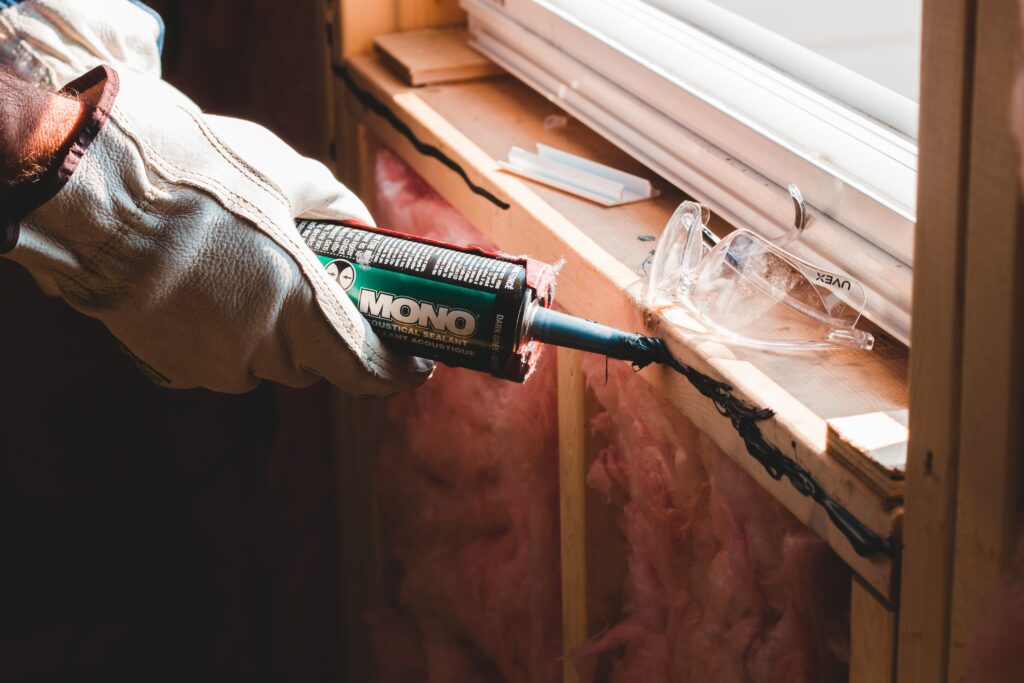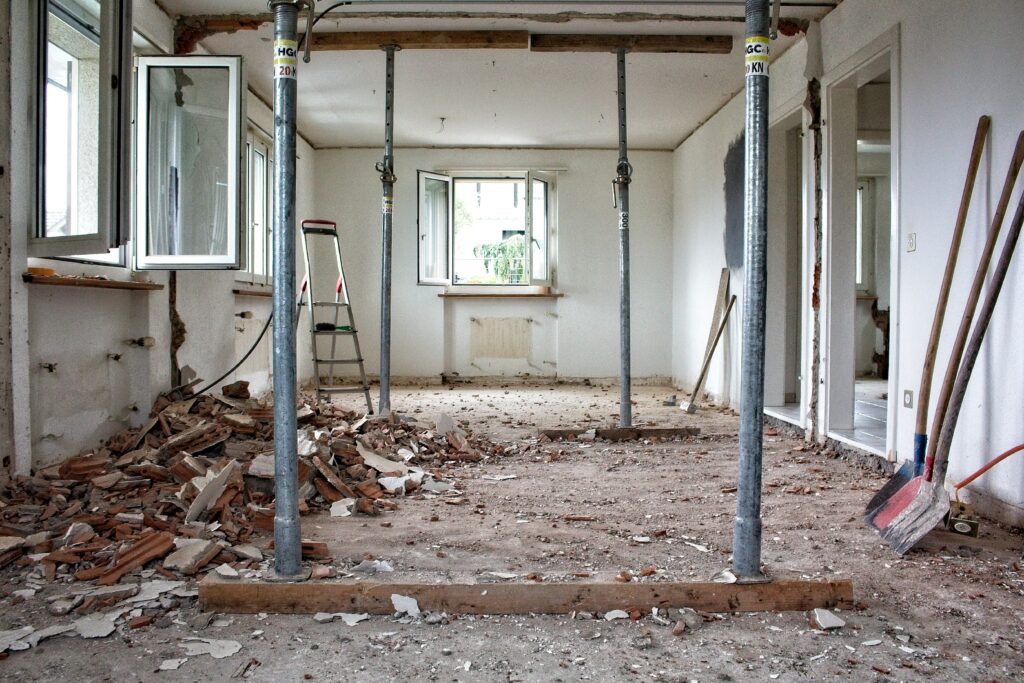Home renovations can often be a daunting task, but they don’t have to be. With the right plan and preparation, you can make your home renovation project a success. Before starting any of your remodeling or redecorating plans, it’s important to keep in mind several factors that will help ensure the outcome is exactly what you want. From budgeting wisely and understanding the scope of work to considering all options for materials and finishes—there are lots of things to consider before beginning your house update journey. Let’s dive in deep on some essential tips for getting started!
Research materials and contractors
Researching materials and contractors may seem tedious, but taking the extra time to compare products and services can ultimately lead to significant savings. Perhaps you’ve found a material or contractor that seems to fit the bill, but conducting a bit more research may reveal a better deal or product that saves you money down the road. Take the time to read reviews, compare prices, and consider options before making a final decision. Your wallet – and future self – will thank you. For example, Kasey Hopkins has a wealth of industry experience in installing windows and siding. It’s important that the contractor is well-versed in the materials you plan to use and can offer valuable advice about installation processes or potential issues.
Make a budget and stick to it
Money management is key when it comes to home renovations. Establish a budget and make sure you stick to it. This means deciding how much you’re willing and able to spend on materials, labor, taxes, permits, and other associated costs before getting started. It also helps to create a timeline of expected project completion so that you can adjust your budget accordingly if needed. First, make a list of the changes you’d like to make and check off each item as it is completed. Then, develop a budget for each task – this will help ensure that all necessary items are accounted for. It’s also important to have a plan for any unexpected expenses that may arise during the renovation.
Choose energy-efficient materials and appliances
When selecting materials for your home renovation, look for ways to incorporate energy-efficient options into the project. This could include installing high-efficiency windows or choosing efficient lighting fixtures and appliances. Not only will these features save you money on your utility bills, but they’ll also help reduce your environmental impact. It’s important to take into account the climate where you live when selecting energy-efficient materials and appliances. For instance, if you live in a region with hot summers and cold winters, choose Energy Star-rated windows that will keep your home comfortable year-round. Or, if you live in an area that experiences frequent power outages, consider investing in a backup generator or solar energy system.
Get permits if necessary
When it comes to starting a renovation project, it’s important to have all your ducks in a row before you begin. One of the most crucial steps is to make sure you’re up-to-date on any necessary permits. Before you start digging, building, or remodeling, it’s a good idea to check in with your local building department to make sure you’ve got all the necessary approvals. This can go a long way in helping you avoid any legal headaches down the road. Plus, it’s always better to be safe than sorry. So take the time to do your due diligence, and you’ll be well on your way to a successful construction project. In addition, you may want to consult with an experienced architect or engineer before starting any major remodeling project. They can provide you with valuable advice and ensure that your plans adhere to local building codes.
Consider safety first
As we make changes to our homes, it’s important to keep safety at the forefront of our minds. Beyond simply adhering to local safety codes and regulations, it’s also crucial to take our own personal safety measures seriously. This can include wearing protective gear like helmets or gloves, especially if we’re working with tools or in potentially hazardous environments. Safety should always be our top priority, and by taking these precautions, we can ensure that our projects and renovations are both successful and safe.
Be conscious of indoor air quality
Breathing is something we do without even thinking about it – we inhale and exhale countless times a day. But have you ever considered the quality of the air you’re breathing? Especially when working on a home renovation project, it’s important to be conscious of indoor air quality. Using low-VOC materials is essential to ensure good air quality during the project, especially when working around insulation or other airborne particles. Not only does this help keep your lungs healthy, but it’s also an eco-friendly choice that can reduce the amount of harmful chemicals released into the atmosphere. So next time you embark on a home renovation project, remember to prioritize your health and the health of the planet by opting for low-VOC materials.
Have an exit plan
No one likes to think about things going wrong, but it’s important to have a backup plan just in case. This is especially true when it comes to home renovation projects. You may have dreamed up the perfect kitchen or bathroom design, but what happens if the project hits a roadblock and goes over budget? Or what if the timeline stretches on much longer than anticipated? Without a solid exit plan, you could be left with a half-finished renovation project that’s only causing you stress and frustration. By taking the time to plan ahead and strategize for potential challenges, you can ensure that your home renovation project doesn’t turn into an endless nightmare.

All in all, remodeling projects can be complicated and daunting. However, by following the steps outlined above, you can ensure that your project runs smoothly and safely. Starting with creating a budget and researching materials to understanding permit requirements and being conscious of air quality – taking the time to plan out your project in advance will save you time, money, and stress in the long run. Even if things don’t go perfectly as planned, having an exit plan will help you navigate any potential issues that arise along the way. With careful attention to detail and dedication to seeing your project through, you’re destined for success!


